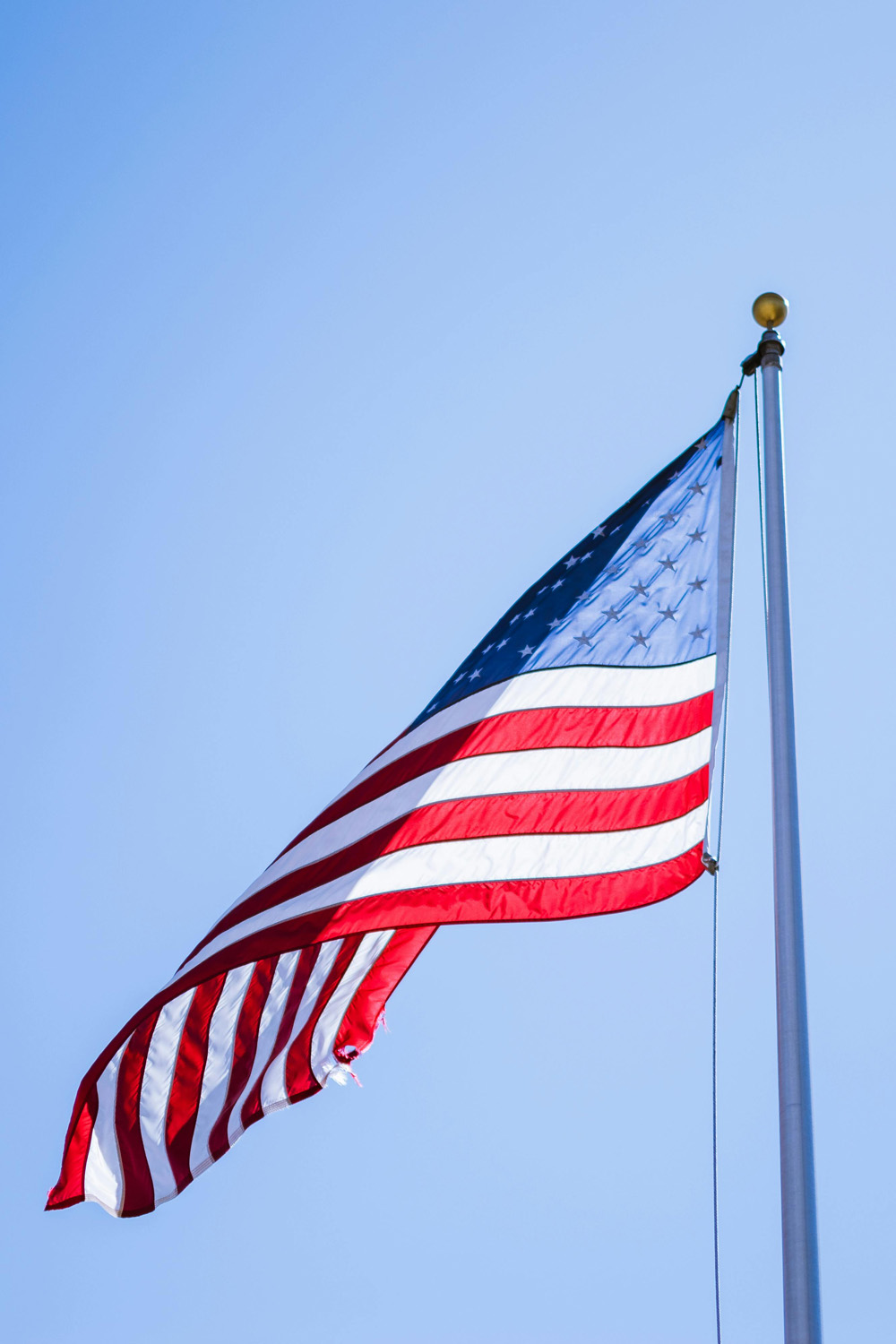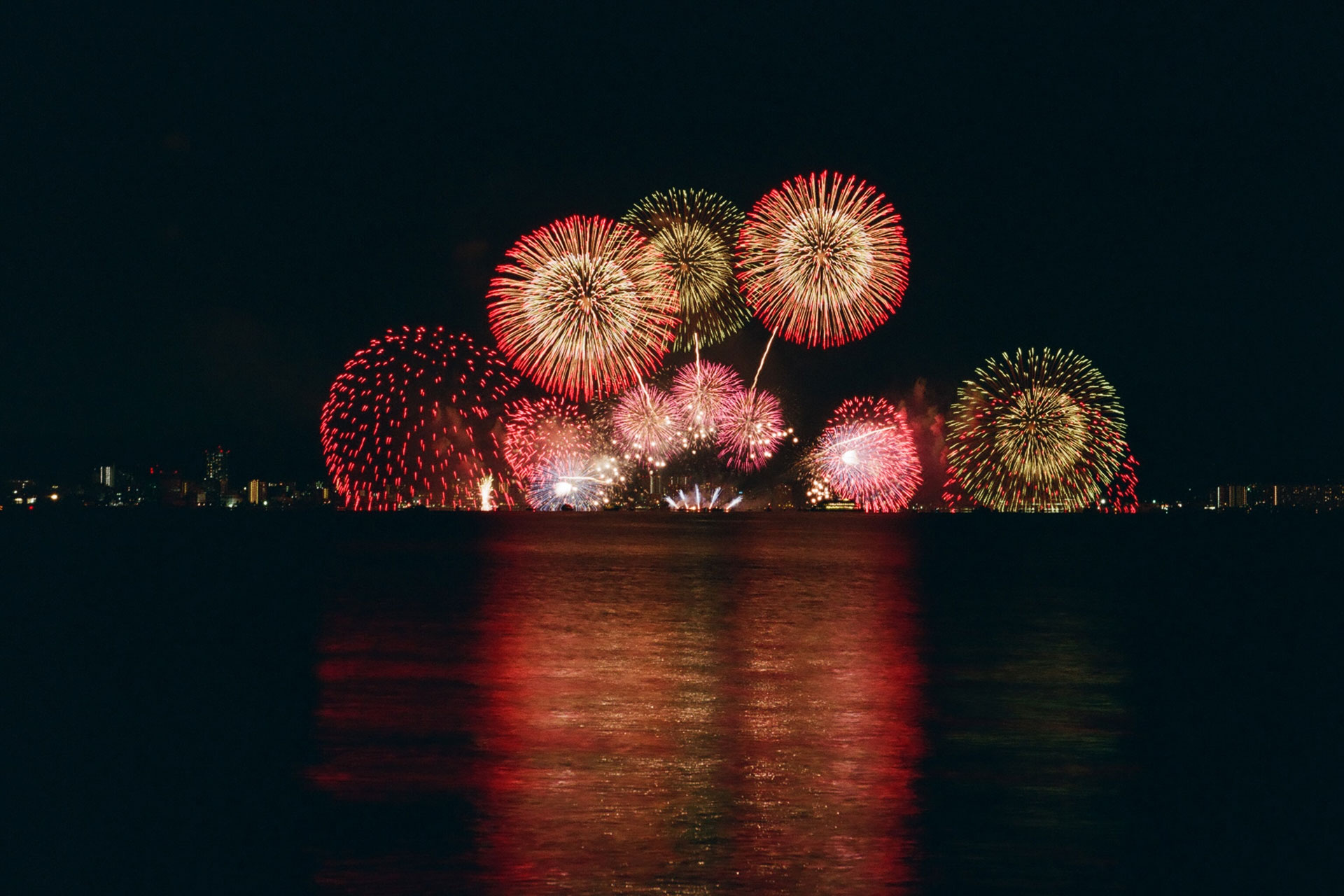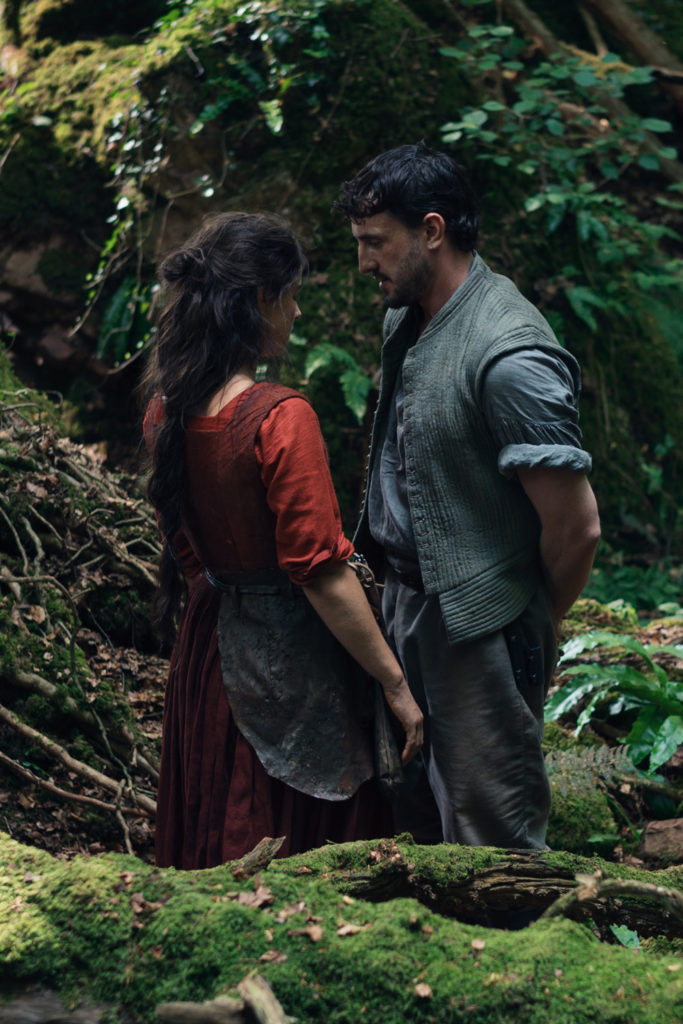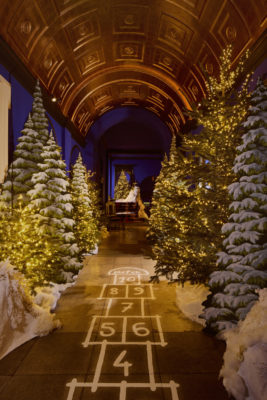
It’s Labor Day: Here’s A Brief History
By
1 year ago
A brief history of the American holiday
In the US, the first Monday of September is Labor Day – a public holiday and famed in pop culture for dictating fashion rules. No white, seersucker or straw hats, people. Here’s a brief history of the famous day.
A Brief History Of Labor Day
Labor Day dates back to the 19th century and the height of the Industrial Revolution. Working conditions were harsh: people faced long hours, low wages and often unsafe conditions, prompting a wave of strikes across the nation organised by the labor movement.
Flash forward to 5 September 1894 and the holiday is celebrated for the first time, arranged by the Central Labor Union (CLU) in New York City. A parade and festivities honoured workers across the city, prompting states across the country to observe the day, too. By 1887, Oregon became the first state to recognise Labor Day as a public holiday.
But conditions weren’t improving and strikes continued. By 1894, 30 US states were already celebrating Labor in an official capacity. A time of nationwide unrest in the wake of a large labor strike known as the Pullman Strike (when the American Railway Union totally boycotted Pullman trains), this is when US President Grover Cleveland signed a law making Labor Day a national holiday. After the federal government’s harsh response to the Pullman Strikes, this was an attempt to repair ties with American workers.
Today, Labor Day remains an important time of rest for workers across the US, and many people take holiday leave to coincide with the date.

Unsplash
Modern Day Traditions
Labor Day has developed from a celebration of the workers to a full-blown holiday, featuring parades, picnics, barbecues and firework displays. People typically gather with family and friends for a day-time party with classic American foods like barbecued burgers and hot dogs. Parades still take place in many towns and cities, featuring marching labor unions, bands and community organisations celebrating the history and achievements of the labor movement. Many towns also often celebrate with festivals and fairs with street food, games and live music, or sporting events. The savviest of them all incorporate Labor Day in a wider vacation to make the most of the bonus day off.
Is Labor Day Celebrated Across The World?
Labor Day is celebrated in more than 160 countries across the globe – but it is only the US and Canada that celebrate it on the first Monday of September. Also known as International Workers’ Day, the holiday is most commonly celebrated on 1 May to commemorate the struggles and achievements of workers.
In the UK and Ireland, Labour Day is also 1 May but there is not a public holiday as it would clash with May Day, a public holiday on the first Monday of May.

Jonathan Borba, Unsplash
Is Labor Day The End Of Summer?
Labor Day has come to be the unofficial end of the summer in the US and Canada, with many schools reopening for fall after the first Monday of September. This is also when fall sports seasons recommence, including American football, athletics, and NASCAR racing. Labor Day also falls right in the middle of the US Tennis Open.
When does summer start, then? Unofficially, summer commences on Memorial Day, a federal holiday honouring US military personnel on the last Monday of May every year.
Fashion Faux Pas
Labor Day has also become synonymous with a few fashion rules: you shouldn’t wear white, seersucker or straw hats after Labor Day. The history here is rooted in the summer migration of the 19th century New York elite from their summer homes back to the City. In 1922, the Straw Hat Riot even broke out in 1922: an eight day riot and hat snatching frenzy in New York City when young gangs decided to enforce the fashion rule, grabbing and stomping on men’s straw hats spotted after Labor Day, leading to brawls when the men fought back.
Rest assured, the rules are not taken so seriously today, and no one will stomp on your straw hat if you deign to wear it in mid September. Plenty of people wear white, seersucker and straw hats well after Labor Day – weather dependent, of course. However, because the rules originally stemmed from the cool, lightweight clothing worn in the height of summer, you are less likely to see these three things out and about after the first Monday of September – but that’s just a coincidence.






















